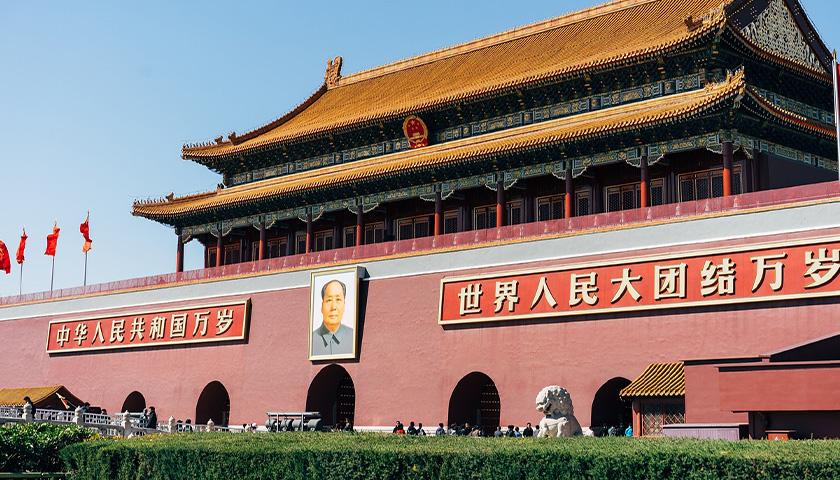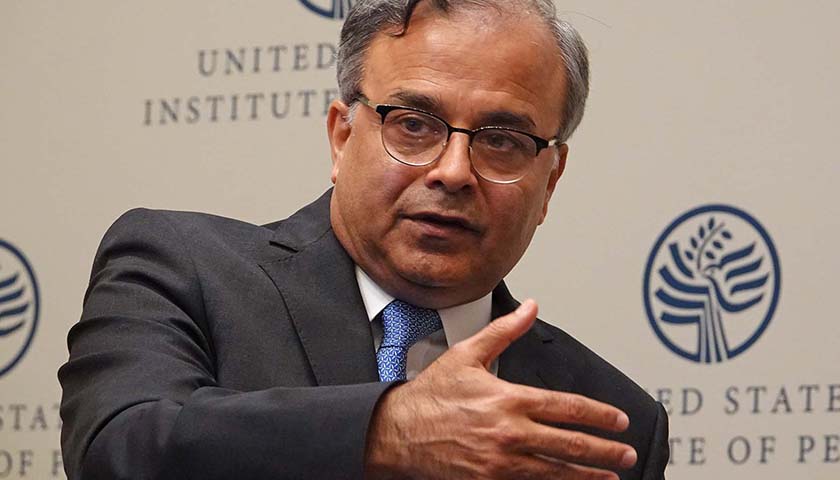by Madeleine Hubbard
The U.S. National Counterintelligence and Security Center is warning American citizens and U.S. companies in China about an expanded counterespionage law that appears to allow its ruling Chinese Community Party greater access and control of their information.
The intelligence agency warned before the law went into effect Saturday that the government has “expanded legal grounds for accessing and controlling data held by U.S. firms in China.”
The agency also warned in a bulletin issued Friday: “U.S. companies and individuals in China could also face penalties for traditional business activities that Beijing deems acts of espionage or for actions that Beijing believes assist foreign sanctions against China.”
Additionally, the law may force Chinese nationals at U.S. firms to assist Beijing’s intelligence efforts, U.S. officials said.
The law appear to add to the grown rift between China and the United States, largely over concerns about China’s demand for information from foreigners who do business with or within the country.
In recent months and years, U.S. lawmakers and other Americans have raised national security concerns about TikTok, the immensely popular, short-form video app whose parent company, ByteDance, is located in China and purportedly has close ties to the Chinese government.
TikTok’s owners and users are subject to Chinese Communist Party’s requests for user data, regardless of where the users are located, says FBI Director Christopher Wray.
Concerns about China spying on the U.S. and its citizens came to head earlier this year when a suspected Chinese surveillance balloon was spotted flying over the United States, then shot down over the Atlantic.
China’s latest updates to its counterespionage law also expand the definition of espionage to include any materials related to undefined national security interests. That suggest that foreign companies, journalists, academics and researchers face legal risks operating in China.
“Any documents, data, materials, or items could be considered relevant to PRC national security due to ambiguities in the law,” the U.S. counterintelligence agency said.
China Foreign Ministry spokesperson Mao Ning defended the law during a press conference last week and said that journalists are fine so long as they follow the law.
“There is no need to associate the counterespionage law with reporting activities of foreign journalists,” she said. “As long as one abides by laws and regulations, there is no need to worry.”
Some American companies have asked the U.S. government about whether it is safe to travel to China for business.
National Counterintelligence and Security Center Executive Director Mirriam-Grace MacIntyre told The Wall Street Journal that “an executive’s decision to travel is their own personal decision.”
Still, her group wants to make sure executives and others are aware of the risks, so it has directed companies to a State Department travel advisory for China that urges U.S. citizens to reconsider visiting the country over arbitrary enforcement of laws.
– – –
Madeleine Hubbard is an international correspondent for Just the News. Follow her on Twitter or Instagram.
Photo “Forbidden City Entrance” by viarami.







